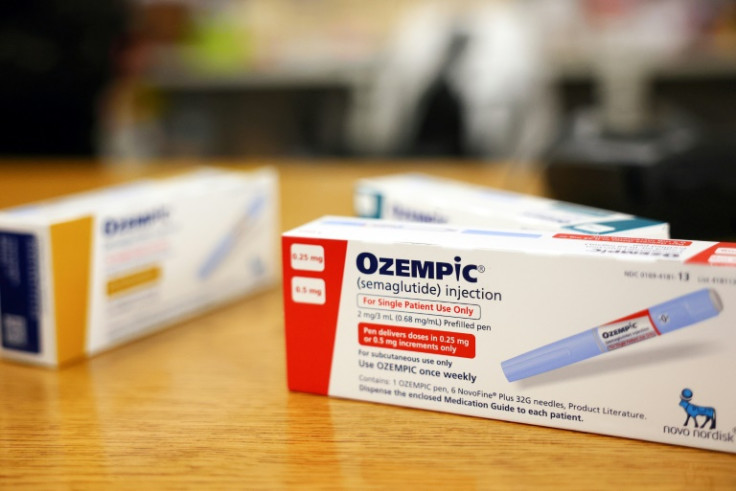
A main ingredient in the popular weight loss drugs Wegovy and Ozempic has been linked to fewer COIVD-19 deaths, according to a report.
People being treated with a 2.4 mg dose of the drug semaglutide, the active ingredient in Wegovy and Ozempic, still became infected with COVID but were 33% less likely to die, CNBC reported, citing a number of studies released last Friday by the Journal of the American College of Cardiology.
The research indicates that semaglutide may have wide health benefits beyond reducing the risk of cardiovascular events like heart attacks and strokes, the report said.
Benjamin Scirica, a co-author of the study, said patients who received semaglutide in his study had a 29% reduction in deaths from causes not related to cardiovascular events, noting that weight did not appear to be a "major mediator" in the results.
Scirica, a professor of medicine at Harvard Medical School, said the findings were "surprising."
"The fact that semaglutide reduced non-cardiovascular death, and in particular COVID-19-related deaths, was surprising. It opens up new avenues for exploring how this class of drugs may benefit patients," Scirica said in an article published by the Harvard Gazette.
More than 17,000 people who were overweight or obese and who suffered from heart ailments, participated in the study, CNBC said.
Other studies published by JACC indicated that semaglutide improved symptoms linked to heart failure, inflammation and other heart illnesses, CNBC reported.
The findings of the studies could open up new avenues for Novo Nordisk, the maker of Wegovy and Ozempic.
"I begin to think about the weight loss almost as a side effect, I mean these [drugs] are really promoting health," Yale University School of Medicine Professor and JACC editor Harlan Krumholz said in an interview with JACC, CNBC reported.
"I was thinking mostly about cardiometabolic health ... but there may be many mechanisms by which [semaglutide] is making us healthier, and in some ways this is suggesting it's helping us to resist the adverse consequences of the pandemic," Krumholz said.







